China, Russia, and Iran are actively working to undermine the 2020 electoral process in the United States, according to the head of U.S. counterintelligence, William Evanina.
NCSC leads the U.S. government counterintelligence work as part of the Office of the Director of National Intelligence.
Evanina placed China on top of the list of threats, noting that Beijing is ramping up its influence efforts by attempting to shape U.S. policy, pressuring political figures, and countering criticism of China.
“Beijing recognizes its efforts might affect the presidential race,” Evanina said.
Russia is using internet trolls and other proxies to spread disinformation and undermine confidence in the election, according to Evanina. The strategy is a repeat of Moscow’s alleged social media influence campaign during the 2016 election.
“Russia’s persistent objective is to weaken the United States and diminish our global role,” Evanina said.
Iran is also spreading disinformation on social media and is keen on recirculating anti-U.S. content.
“The American public has a role to play in securing the election, particularly in maintaining vigilance against foreign influence,” Evanina said. “At the most basic level, we encourage Americans to consume information with a critical eye, check out sources before reposting or spreading messages, practice good cyber hygiene and media literacy, and report suspicious election-related activity to authorities.”
U.S. officials have regularly called out China, Russia, Iran, and North Korea as the main sources of attempted election interference.
Evanina issued the statement just over 100 days prior to the 2020 U.S. election scheduled for Nov. 3.
The American electoral system is uniquely resilient to foreign interference, due in part to the diverse systems employed by each state. Evanina said that state-level checks and post-election auditing make it virtually impossible for a foreign adversary to broadly disrupt the electoral process or change vote tallies without detection.
In January 2017, three intelligence agencies assessed that Russia meddled in the presidential 2016 election with the goal of hurting Hillary Clinton and helping Donald Trump. The Intelligence Community Assessment included a classified annex with a summary of the infamous and now-largely-discredited Steele dossier, a document compiled by a former British intelligence officer whose ultimate client was the Hillary Clinton presidential campaign.
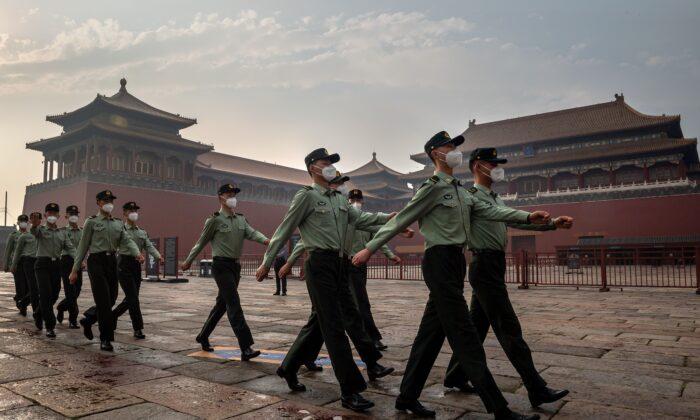

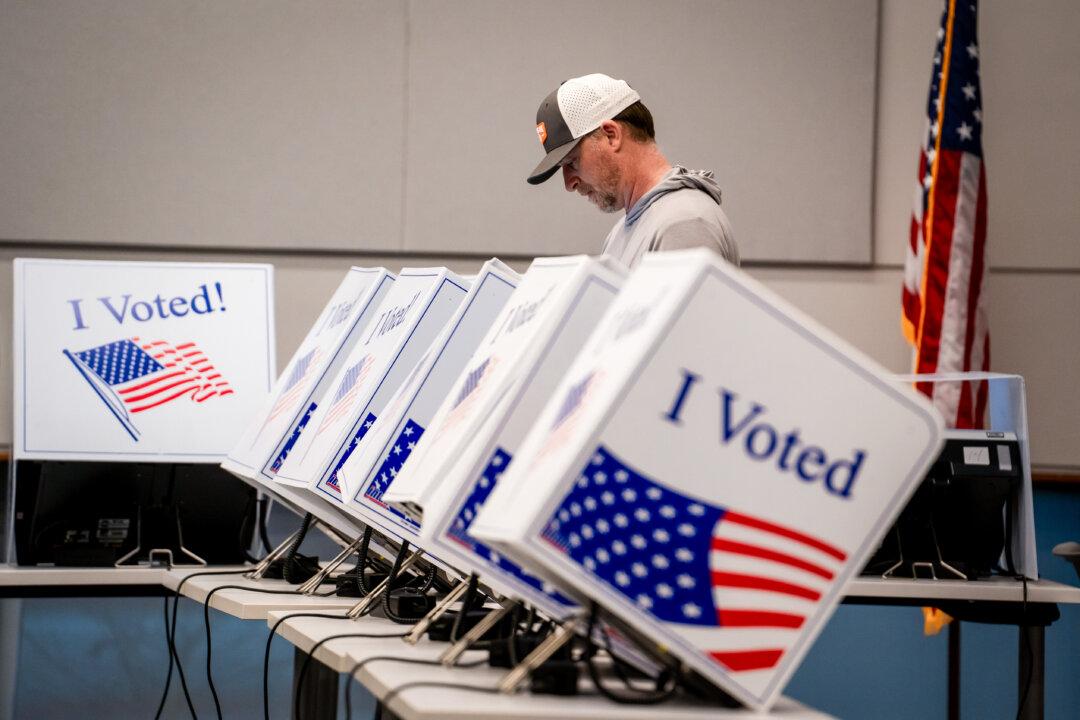
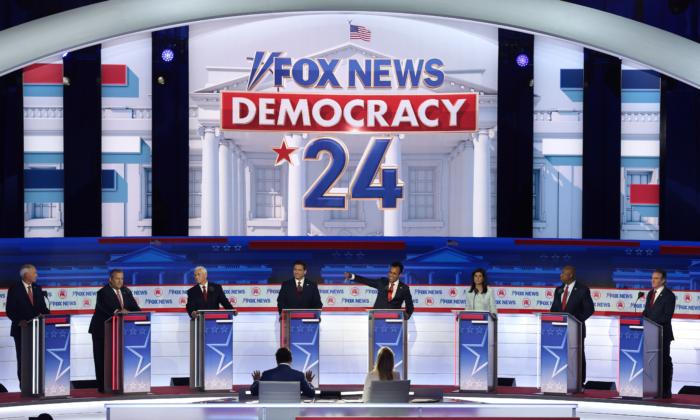
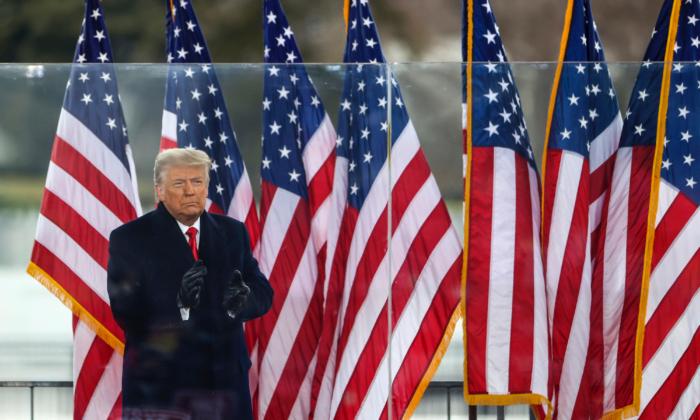
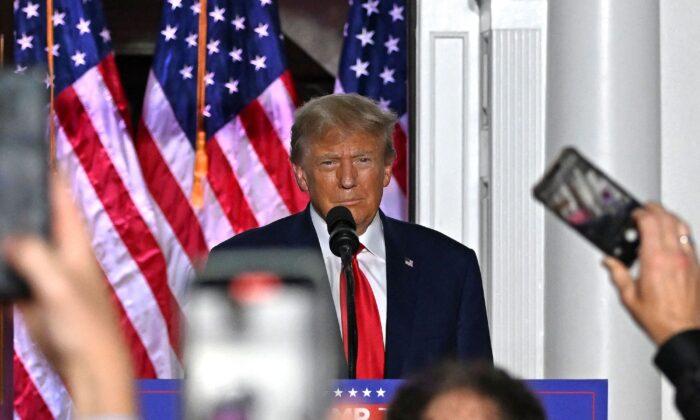
Friends Read Free